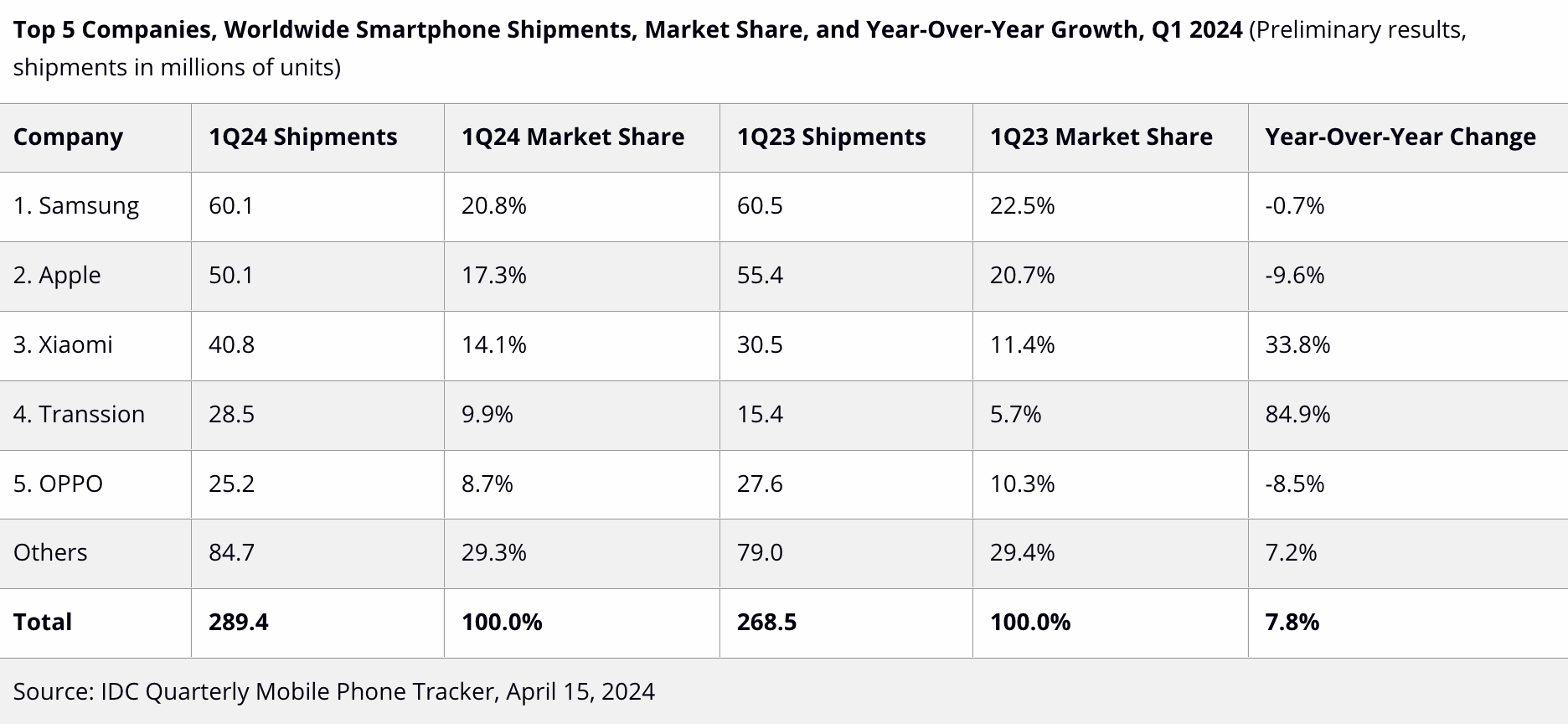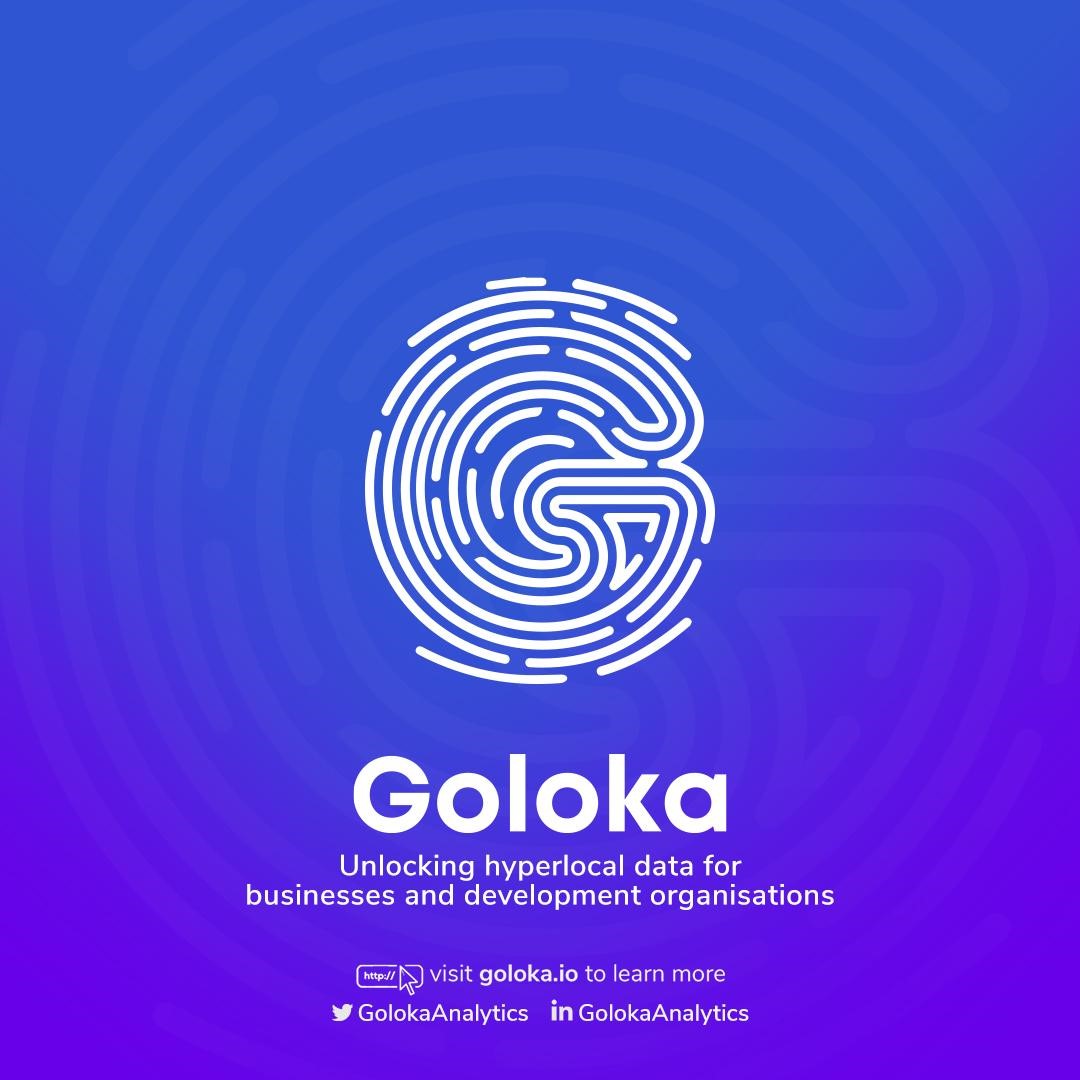
A sizeable amount of materials used in manufacturing hardware and chips in your laptops come from mineral resources mined in remote areas in Africa. Though the computer manufacturing industry has manufactured approximately 1.5 billion laptops and over 10 billion phones in the last 10 years alone, African countries lag behind in the count of access to these resources.
Green energy-producing minerals such as Copper and Lithium are also strategic in the defence and the new energy technologies industry respectively. While leading companies in Europe, America and China declare huge profits and trailblazing in various electrical and electronic-powered industries, the enormous amount of these minerals are explored from low-income countries in Africa.
These imbalances are partly due to leadership capacity and lack of institutional reforms. Another strategic part of the problem is the lack of data on minerals mining - including global prices, the volume of mined minerals, beneficial ownership of mining companies and the environmental implications of these mining operations on the lives and livelihoods of host communities.

Dataphyte in partnership with four other partners are leading the initiatives to proffer data-driven solutions to some of the challenges.
This project, Powering Just Energy Transition Green Minerals, funded by the United States Agency for International Development (USAID) to promote data access and accountability for policy reforms within the global green minerals supply chain. This initiative, led by the Centre for Journalism Innovation and Development (CJID), represents a significant step forward in promoting transparency and accountability in the climatic change space critical to the clean energy transition.
As a social impact organisation specialising in data access, insight and training, Dataphyte will play a crucial role in the data collection component of this project. It will leverage its data collection agents to gather on-the-ground data specific to livelihoods, human rights, and the socio-economic impacts of green minerals mining on residents of four African countries: Nigeria, Ghana, the Democratic Republic of the Congo (DRC), and Mozambique.
In addition, Dataphyte Academy would combine data collected from the exercise with other secondary data to train journalists and other civic actors in the extractive and energy sectors to demand accountability and policy change in these countries.
About the JET Minerals Challenge
The JET Minerals Challenge represents an unwavering commitment to combating corruption and enhancing transparency, accountability, and integrity in the race to meet the surging demand for green minerals on a global scale. The winning innovations of the JET Minerals Challenge are meticulously aligned with USAID’s Anti-Corruption Policy, focusing on curbing corrupt practices, elevating the cost of corruption, and promoting integrity in both public and private sectors.
With the increasing demand for green minerals, USAID recognises this initiative’s critical role in fulfilling the promise of an inclusive, sustainable, and equitable future for clean energy while averting the pitfalls of the “resource curse” that has plagued other extractive industries. Four winning solutions are designed for tackling transnational corruption on a global or multi-country scale, while the remaining seven are tailored to address specific countries. These pioneering initiatives span 15 countries worldwide, targeting over ten green mineral supply chains, including cobalt, copper, lithium, manganese, nickel, rare earth elements, and silver.
The Importance of Data-Driven Solutions:
 The ongoing project uses data aggregation, accountability journalism, and capacity development to empower stakeholders in the fight against corruption. Dataphyte leverages its expertise to collect robust data using Goloka, a powerful tool designed for such projects. Goloka's capabilities ensure comprehensive data collection and analysis, empowering stakeholders with insights to inform advocacy efforts and promote responsible practices within the green minerals supply chain. By collecting and analysing robust data, Dataphyte will contribute to a comprehensive understanding of the challenges faced by communities within the green minerals sector in these trend-setting countries. This information will be critical in informing advocacy efforts and promoting responsible practices throughout the supply chain.
The ongoing project uses data aggregation, accountability journalism, and capacity development to empower stakeholders in the fight against corruption. Dataphyte leverages its expertise to collect robust data using Goloka, a powerful tool designed for such projects. Goloka's capabilities ensure comprehensive data collection and analysis, empowering stakeholders with insights to inform advocacy efforts and promote responsible practices within the green minerals supply chain. By collecting and analysing robust data, Dataphyte will contribute to a comprehensive understanding of the challenges faced by communities within the green minerals sector in these trend-setting countries. This information will be critical in informing advocacy efforts and promoting responsible practices throughout the supply chain.
Collaboration for Impact:
CJID's leadership in this project is commendable, and Dataphyte is honoured to collaborate with them alongside other esteemed partners like PIN Africa in DRC and Dubawa Ghana. This collaborative approach underlines the project's potential for widespread impact, fostering information access and empowering communities across Africa.
By tackling corruption within the green minerals supply chain, this project paves the way for a more sustainable and equitable future for clean energy development. Dataphyte is committed to leveraging its expertise in data analysis to support this crucial mission.
About Dataphyte:
Dataphyte is a research, media, and data analytics organisation deploying data tools and technology for socio-economic development. With a vision of making data available to citizens, development organisations, and government for accountability, advocacy, and policy respectively, and to the corporate sector for economic development and business innovations.
Founded in 2019, Dataphyte is the for-profit research and development program of the Dataphyte Foundation. Dataphyte is headquartered in Nigeria and registered in the United Kingdom and the United States of America.





